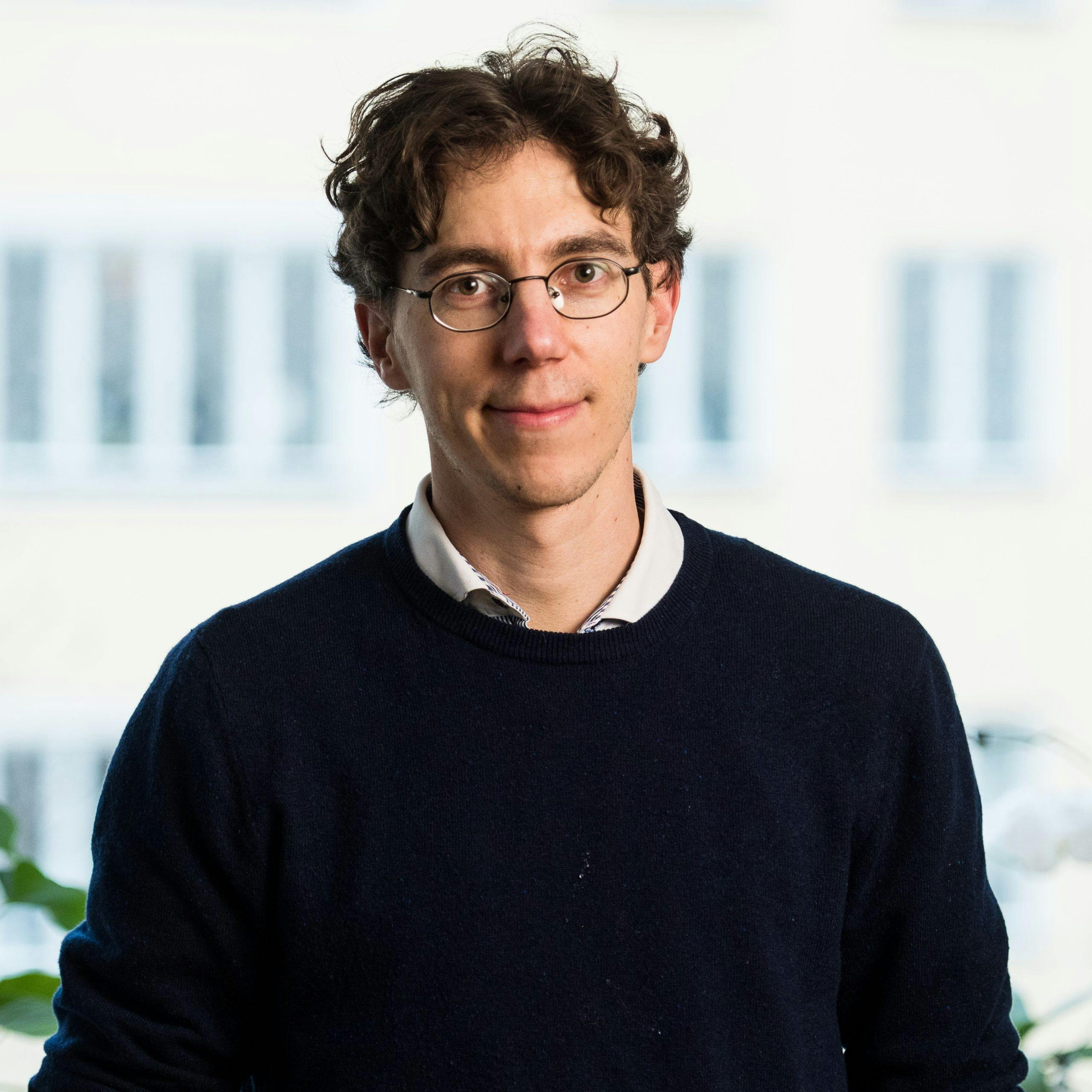
Konkurrens, selektion och entreprenöriellt lärande – Global Award for Entrepreneurship Research 2019 till Boyan Jovanovic
Sammanfattning
Denna artikel presenterar 2019 års pristagare av Global Award for Entrepreneurship Research – Boyan Jovanovic – och vilka bidrag han har gjort inom entreprenörskapsforskningen. Även om Jovanovic är en välkänd och välciterad ekonom inom akademin är måhända hans explicita bidrag inom entreprenörskapsforskningen inte lika välkända. Jovanovic har bidragit till en ökad förståelse av vem som egentligen blir entreprenör och entreprenörskapets betydelse för såväl företagsstruktur som innovationskraft och ekonomisk tillväxt.
Andersson, M., Braunerhjelm, P., Delmar, F., Rickne, A., Stenkula, M., Thorburn, K. & Wennberg, K. (2019). Konkurrens, selektion och entreprenöriellt lärande – Global Award for Entrepreneurship Research 2019 till Boyan Jovanovic. Ekonomisk debatt, 2019(5). 6-16.
